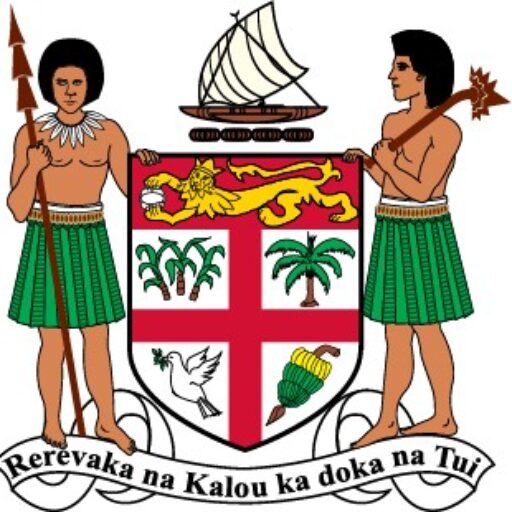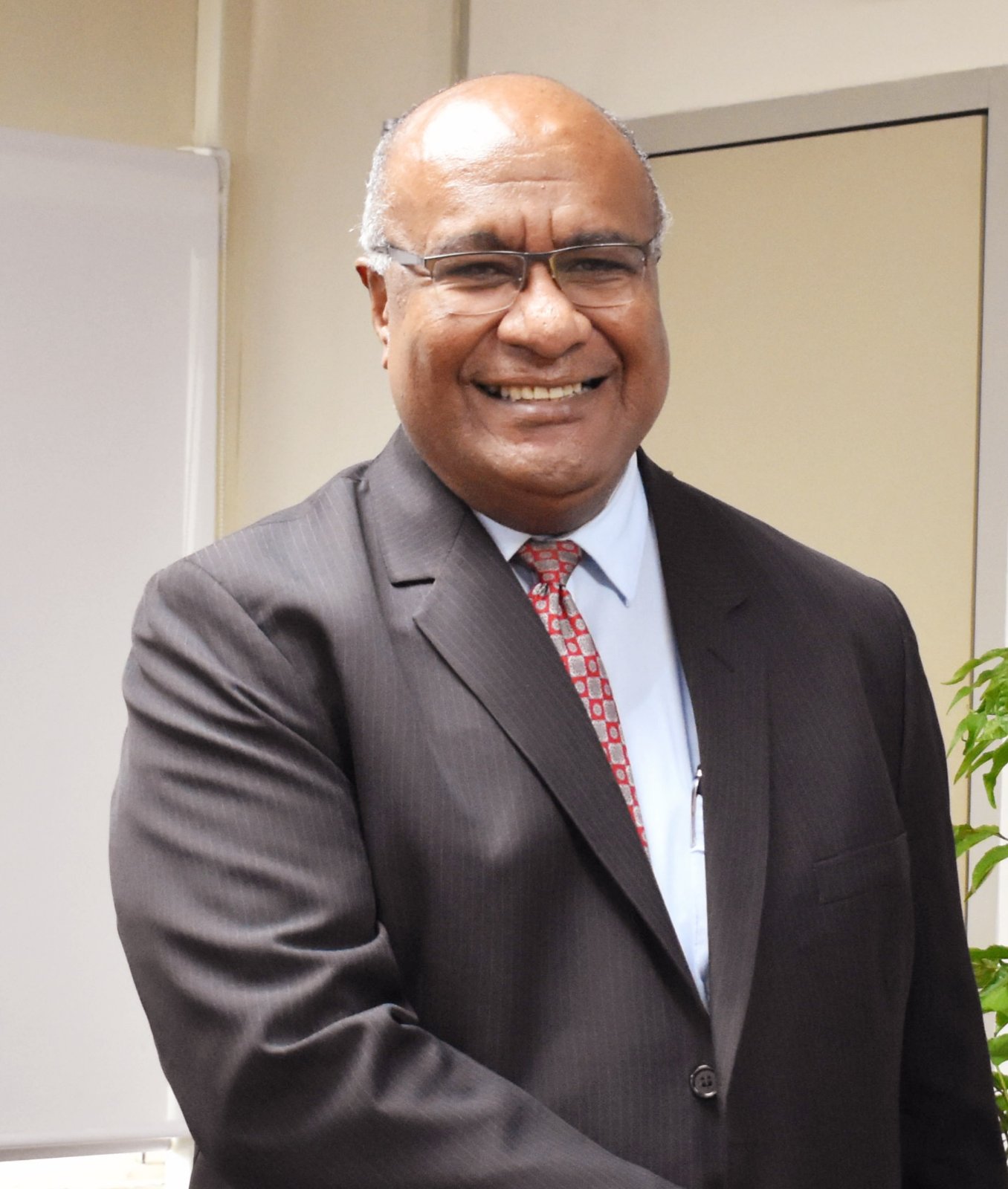Venue: Nadi
Chairman of the 27th Session of Asia Pacific Commission on Agriculture Statistics (APCAS);
Chief Statistician of the Food & Agriculture Organization of the United Nations (FAO);
Excellency’s and Plenipotentiary Delegates from the Asia and Pacific Region;
Distinguished Guests;
Ladies and Gentlemen.
Bula Vinaka, Namaste and a very Good Morning to all of you.
I am delighted to be here this morning, to deliver the opening remarks on behalf of the Fijian government, at the 27th Session of Asia-Pacific Commission on Agriculture Statistics [APCAS]. I am also honored to welcome our distinguished delegates, observers and international guests to Fiji. Bula and welcome to Fiji.
Ladies and Gentlemen
Our Fijian delegation is joined here today by participants throughout the Asia Pacific Region, including delegates from APCAS member countries, observers from non-member countries, International Organizations and technical experts from FAO Regional Office and headquarters. The long distances that you traveled to attend this meeting, serves to remind us just how important your work is, in the improvement of Agricultural Statistical Systems which is at the heart of managements of Food Systems.
Ladies and GentlemenOn behalf of all Fijians, it is indeed a privilege to welcome you all to our shores and I hope you will all be able to experience the renowned hospitality that we Fijians pride ourselves on offering.
I sincerely applaud the Commission for providing a unique forum which identifies the needs and priorities of member countries to develop sound statistical systems capable of providing data for planning and policy-making in the food and agriculture sector. Furthermore, with the aim of raising people’s living standards and nutritional status, especially rural dwellers, this underlying principle has made Fiji very proud of our membership and of what we have been able to achieve alongside our APCAS partners.
Ladies and Gentlemen
Over the last decade, Fiji has embarked on a progressive path that has seen our standing in the world and our integration with the region, grow exponentially. For this reason, we are profoundly grateful of the recognition the Commission has afforded Fiji, by honoring us as the hosts of this year’s APCAS.
I am equally thrilled this morning to know that at this assembly, most of the Pacific Island countries are represented, which is the first time in the history of APCAS. I believe that through Fiji’s hosting of such a conference, it provides a platform for us as Pacific island countries to highlight our needs to improve our Agricultural Statistics Systems. Not only to our international partners but to experts who are present here today. And together, we will be able to find appropriate solutions to our unique problems.
I would like to welcome PNG and Tonga who recently joined the Commission and will be attending this session for the first time. I hope that most of our neighboring Pacific countries who are attending today as observers, will join as APCAS member soon alongside Fiji, Tonga and PNG. For I believe that together, we can gather greater attention to our problems, and seek harmonized solutions.
Ladies and Gentlemen
In the Asia-Pacific region, gaps exist in agriculture data at national and regional levels. However, the data situation for agriculture has eroded in recent decades to the point where, many countries lack the capacity to produce and report even the minimum set of data to monitor national trends or guide the international development debate.
Our presence here this morning, as members from the Asia Pacific region, signifies the status of Agriculture in our very existence.
Agriculture plays a vital role in the development of many Asia-Pacific countries, as it is a source of livelihood for a majority of the population, particularly in rural areas. In the Pacific, around three quarter of the population live in the rural areas and depend on Agriculture and fisheries for survival. They are also vulnerable to the long-term impacts of climate change, therefore building a sustainable agricultural statistics system will not only help in targeted policy making but also help in monitoring the progress towards the sustainable development goals [SDG] in the region.
The changing face of agriculture in the twenty-first century has increased requirements for agricultural statistics beyond traditional data about production, which is used to monitor the status of food availability and food security. Let me also reiterate the role of agricultural activities in sustaining the environment and in reducing poverty to meet the Sustainable Development Goals. This however, is being realized and acknowledged at all levels.
In addition, one must not forget that new data requirements are emerging and we therefore need to understand how population growth, demand for natural resources, use of food products to produce biofuels, and the effects of extreme weather and climate change, affect food security, poverty and well-being. These critical issues are not independent of each other – an action in one area has consequences on the others. There is increasing demand to integrate data on the economy, including the social and environmental dimensions related to human activities.
Ladies and Gentlemen
I acknowledge and commend the work carried out by the Commission in the region through the United Nation’s Food & Agriculture Organization [FAO], which aims to significantly increase the availability and quality of agricultural and rural statistics that is produced by a statistical system with appropriate institutional, human and financial capacity.
The effort to improve the awareness on SDG indicators and development of a harmonized approach to the collection and use of agricultural and rural statistics in the Asia and Pacific region, I believe, will be achieved through provision of information on the program for the World Census of Agriculture 2020. This, together with the sharing of best practices and experiences of other methodological developments at the global and regional level. I am glad to note that a special workshop, which is to be held immediately after this meeting, is being organized by FAO for pacific countries which are panning their agricultural censuses in near future.
Ladies and Gentlemen
Tied to the principle of ‘leaving no one behind’, driven by means of partnerships, accountability and underpinned by communication, FAO’s broad priorities in the 2030 Agenda are to:
- End poverty, hunger and malnutrition
- Enable sustainable development in agriculture, fisheries and forestry
- Combat and adapt to climate change
As you embark on this forum, I wish to highlight that leaders from the Pacific actively participated in Bonn, Germany for the 2017 UN Climate Change. The 23rd Conference of Parties (COP 23) to the United Nations Convention on Climate Change, which was held from the 6 to the 17 of November last year, met to advance the aim and ambitions of the Paris agreement and achieve progress on its implementation guidelines. I know that discussions at the COP 23, had data & quality statistics as the spine of its dialogue. This in itself, will be another challenge for you as Statisticians or Statistical organizations.
Ladies and Gentlemen
I am confident that the overall objective of this meeting will provide among other things, the added knowledge, technical know-how and capabilities to further capacitate Agriculture Statistical System in the region, as well to ensure it’s sustainable in the long term.
Before I conclude, I would like to thank the FAO for providing the opportunity to Fiji to host this event. Whilst the priviledge is truly enlightening, it has at the same time, enabled officials from both National Statistics Offices and Ministries of Agriculture in the region, to come together to receive the much needed technical advice from experts on the best way to improve their Agriculture Statistics on crop, livestock, fish and forests.
I would also like to particularly acknowledge the contribution of the Commission Secretary Dr Mukesh Srivastava, who has been taking keen interest in the development of statistics in the Pacific and has been the soul behind the Pacific Strategy on Agriculture and Fisheries Statistics (P-SPAFS) that will be launched later today.
Ladies and Gentlemen
I wish you well in your deliberation over the next 5 days and it is my hope that you will be able to chart a practical way forward for the statistical offices, that will ensure the production of a quality and sustainable agriculture statistics system in the Asia Pacific region.
Ladies and Gentlemen
With those words, I now have great pleasure in declaring this meeting open.
Vinaka Vakalevu, Dhanyavad & Thank you
With those words, I now have the pleasure in officially launching the Vodafone Lost Island Ultra Marathon. Have an enjoyable day!
Vinaka vakalevu and Thank you.
View PDF->Minister’s Speech – APCAS27



